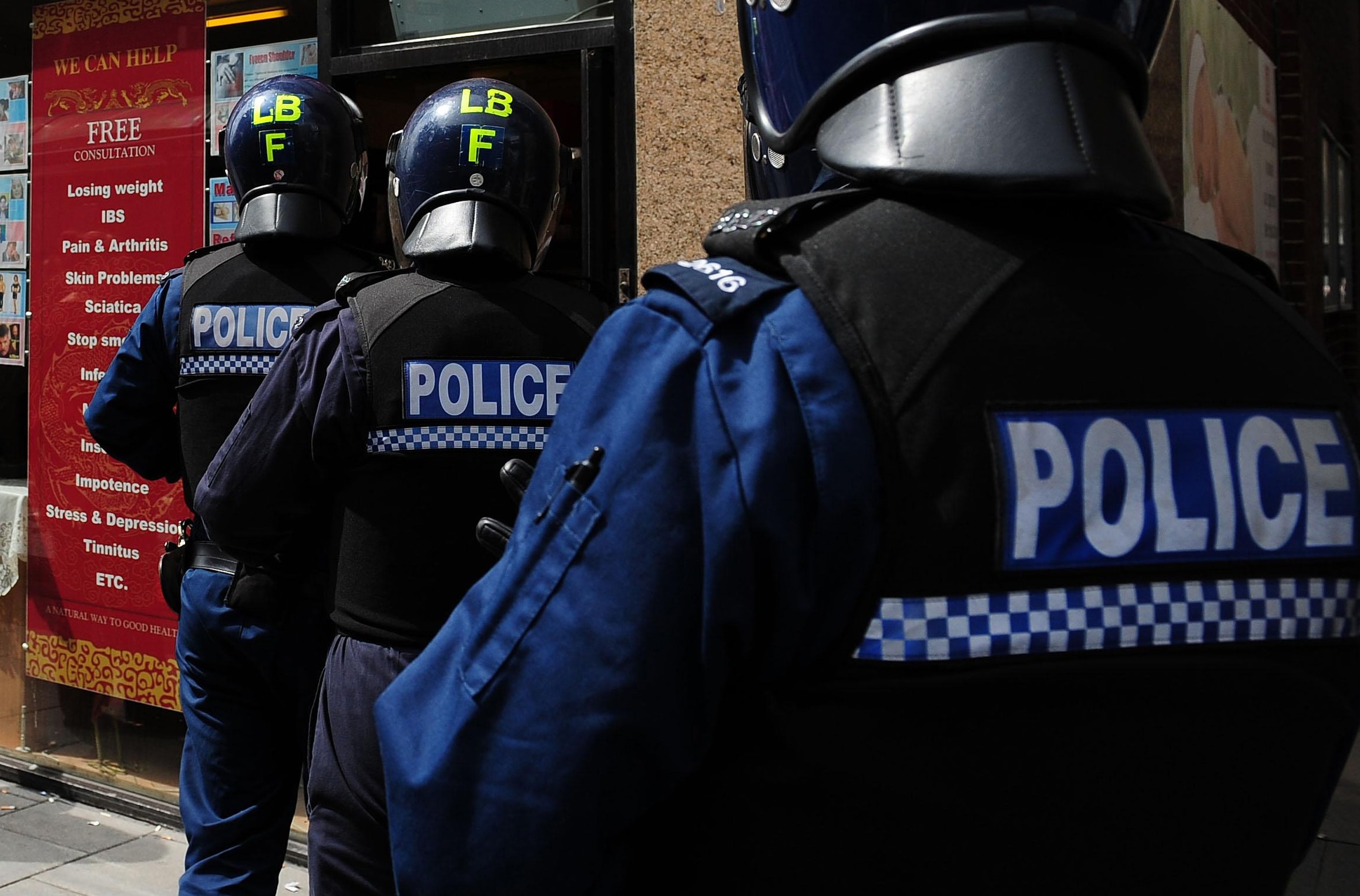Carol-singers, buskers, canvassers, clay pigeon shooters, nudists: All would be affected because they would all be guilty of behaviour which could "reasonably be expected to cause" annoyance, under a proposal to broaden the scope of Anti-Social Behaviour Orders.
By Alex Stevenson
The British government’s plans to jail people the courts judge to be persistently ‘annoying’ has been defeated in the Lords – but remains a serious threat to freedom of speech in the UK.
Ministers’ baffling proposals would dramatically broaden the scope of Anti-Social Behaviour Orders (ASBOs). They want to replace these with the so-called Injunctions to Prevent Nuisance and Annoyance (IPNAs), which could still become law if ministers hold their guns when the legislation returns to the Commons later this year.
But right now the broad coalition of campaigners who have fought Clause 1 of the Anti-social Behaviour, Crime and Policing Bill are celebrating after the Lords last night decisively backed an amendment reversing the change.
The debate revealed just how extraordinarily blasé the government’s attitude to the reforms is. Rapidly lowering the threshold needed for an injunction will, ministers hope, make it harder for groups of miscreant youths to dodge having an ASBO slapped on them. What has left so many people really shocked is their inability to realise doing so would have terrible consequences for free speech.
Instead of only being applicable where a person or group causes or threatens to cause “harassment, alarm or distress”, the new injunction ministers were proposing to introduce was supposed to apply to all behaviour deemed “capable of causing nuisance or annoyance”.
It sounds laughable – and it is. Yesterday’s debate saw peers point out all kinds of behaviour which could be included in this definition, from smoking at a bus stop to handing out flyers to winding up the fan of a struggling football club. Carol-singers, bell-ringers, buskers, canvassers, trick-or-treaters, clay pigeon shooters, nudists: All would be affected because they would all be guilty of behaviour which could “reasonably be expected to cause” annoyance.
Those who repeatedly defy an injunction handed down by the courts, who many believe would have little option but to interpret the law more broadly than the government would like, would end up in jail.
Worst of all for our democracy, political protests would become much more vulnerable to being broken up by police under the changes.
“I suppose there are some in this House who might not have attended a demonstration or march,” Baroness Mallalieu told peers yesterday, “but I would wager they are in a minority.” She was talking about the kind of protest which irritates others because of delayed traffic, or the loud chanting, or the time taken off work. These would obviously fall under the scope of the changes. The baroness was not the only peer to quote Lord Justice Sedley’s ruling in a 1997 high court case, when he declared: “Freedom to only speak inoffensively is not worth having.”
There are further fears about the changes, too. Applications for IPNAs can only be made via agencies of the state, like the police or local authorities or government departments. Some believe vexatious obsessives would bombard them with demands for an injunction until they got their way.
Others think the change would result in people being moved on by police officers before the cases ever got to the courts. Ian Blair, the former Metropolitan police commissioner, recalled being on duty in Soho when a local resident demanded steps be taken against a man leafleting. “My Auntie Mabel is annoying,” Blair remembered his colleague saying, “but I’m not going to arrest her just for it.” His fear is that changing the word would lead to countless examples of police officers taking a different attitude in the future. They would go for the path of least resistance by breaking up all kinds of activity which has nothing to do with harassment and everything to do with freedom of speech. “This,” Blair summed up, “is a piece of absolutely awful legislation”.
The defeat which followed was a big one, by 306 votes to 178. But the government’s hold over the Lords is not that strong and since 2010 there have been over 80 such defeats. Ministers could simply reinsert the clause back into the bill when it returns to the Commons – meaning campaigners may have won this battle, but could still lose the war.
The Home Office’s official line, from crime prevention minister Norman Baker, is: “The bill was never intended to ban noisy children or carol singers and does not do so as currently drafted. I am disappointed the Lords fell for what appear to be scare stories.”
There might just be grounds for optimism, even though the timing is particularly painful. Next month, it becomes possible once again to insult others without the fear of being arrested for doing so under the Public Order Act 1986. That was a similar outrageous infringement of freedom of speech which is now being reversed after MPs defied the government last year.
Will they repeat that courageous stand to protect this most basic of civil liberties when the government’s attempt to outlaw being ‘annoying’ returns to the Commons? Let’s hope so.
This article was published on 9 Jan 2014 at indexoncensorship.org



